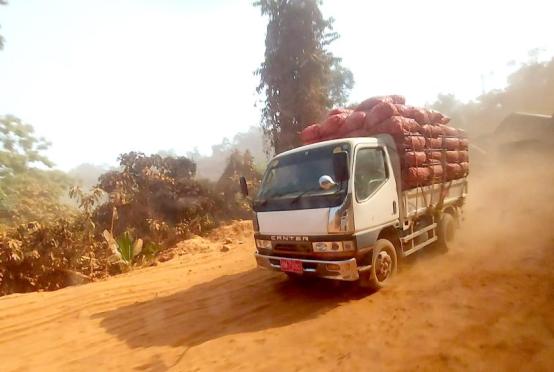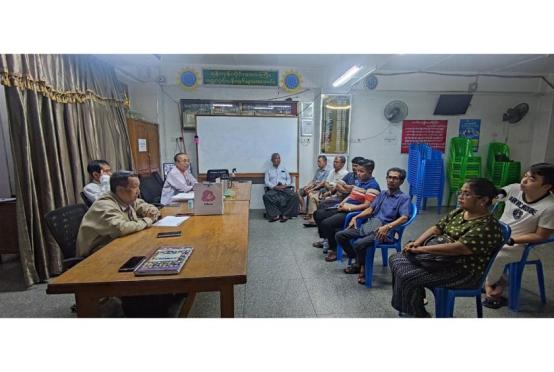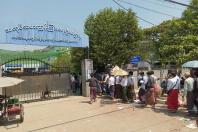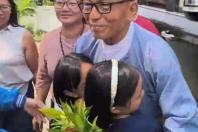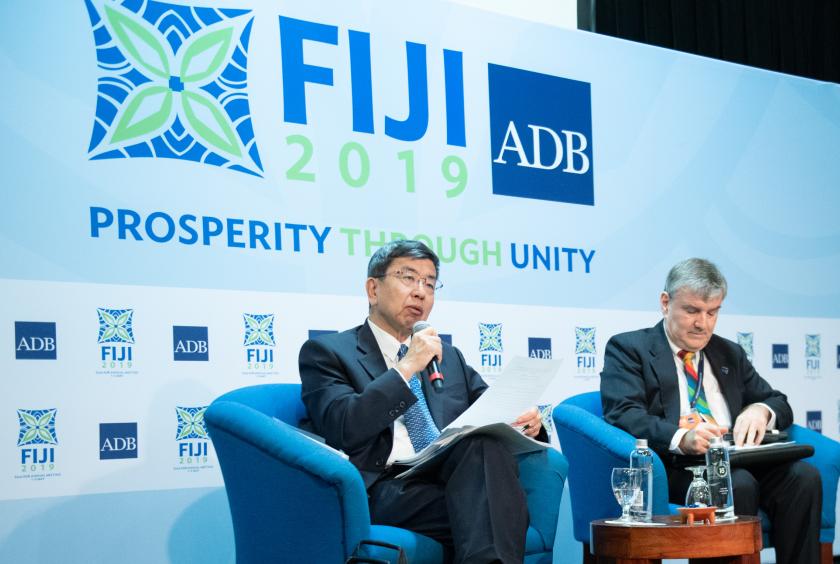
Civil society organisations (CSOs) have improved the quality of development projects and programmes by sharing their local knowledge and expertise over the years, according to Takehiko Nakao, president of Asian Development Bank.
During the 52nd ADB Annual Meeting, Nakao lauded CSOs’ active involvement and participation in the development of Asia and the Pacific.
“CSOs have been making strong contributions, particularly in the Pacific region,” he said.
According to the bank’s chief, ADB has been cooperating with non-government organisations in Fiji, Papua New Guinea, Solomon Islands, Timor-Leste and Vanuatu to help promote coastal and marine resources management in the Coral Triangle. Its cooperation has led to greater food security in these five Pacific countries. In Papua New Guinea, national and community-based NGOs have been involved in improving rural primary health in eight provinces.
“CSOs have delivered community engagement activities and organised village-level training programs that have touched on important health concerns such as child and maternal health, sanitation, and healthy lifestyles,” he said.
According to Nakao, ADB has also introduced procurement reforms, including for consultants, to achieve greater flexibility in its contracting processes.
“We anticipate this will lead to more efficient CSO engagement in our projects. At a recent Business Opportunities Fair held at ADB this past March, we had a record number of CSO participants who expressed interest in working on ADB-supported projects as consultants,” he said.
During the event, nearly 140 CSO attendees actively engaged with ADB on the operational priorities. Among many important issues they shared, Nakao stressed the importance of three key points_ more emphasis on engaging with people and communities in the operational plans, potential impact of digital technology on jobs and employment, and the need to do more on climate change, particularly the use of renewable energy.
ADB chief recognises the valuable contribution of CSOs in development programs by using grassroots participatory approaches to target poor and vulnerable groups.
“Strategy 2030 was approved by ADB’s Board of Directors in July 2018. Through our new corporate strategy, we will continue to work with CSOs—tapping your unique strengths, local presence, and specialized knowledge in the design and implementation of projects,” he said.
To implement Strategy 2030, ADB is preparing operational plans for seven priority areas. Recognising the value addition of its stakeholders, the plans have been made publicly available on its website since 8 April 2019 for feedback, and during the annual meeting, there was a dialogue on them with its stakeholders, including CSOs.
At the grand opening ceremony on Friday, Nakao stressed the value of multilateralism.
“I am a firm believer in the multilateral system, which includes multilateral development banks such as ADB. National interests and multilateralism go hand in hand because we need international cooperation and collective action for the interests of people in nation states and the world,” he said.
“Because multilateral development banks leverage taxpayers’ money by tapping capital markets, they can efficiently and effectively support poverty reduction, invest in infrastructure, address climate change, and provide other global and regional public goods. But we must continue to reform and reinvent ourselves to achieve our missions and ensure the support of member countries and their taxpayers.”

